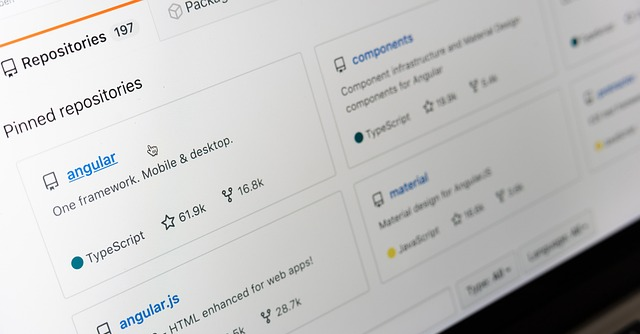
When automation error led to GitHub co-founder’s account suspension


Earlier this week, American entrepreneur Chris Wanstrath’s GitHub account was banned. Wanstrath, who the co-founder of GitHub himself (exited the company in 2017), posted about being ‘banned without any explanation’, on social media platform X and wrote about moving all his code to another code repository – BitBucket. GitHub’s team acted swiftly and his profile was reinstated in an hour’s time.
GitHub’s chief operation officer (COO) Kyle Diagle replied to Wanstrath’s tweet possible automation error that led to the account suspension. To this Wanstrath replied, “The robots decided that I was a threat, but now I'm back.”
In an email response to the whole situation, GitHub told TechCircle, “Ensuring users have access to GitHub is incredibly important to us. We immediately reinstated the account upon receiving a support ticket on the issue and noted it was inadvertently suspended."

He further said that they’re actively investigating to determine what caused this and to mitigate similar incidents moving forward. However, GitHub did not offer further clarification on what exactly led to the ban.
This incident has shone a bright spotlight on the issue of automatic or auto-moderation on platforms. To be sure, automoderation refers to the use of automated systems or algorithms to monitor and manage digital spaces like Facebook, and X, among others. For reasons such as the volume of content and data, its dynamic nature, round-the-clock risk mitigation, and to safeguard human moderators from highly objectionable content, many public platforms deploy auto-moderation systems. Despite the advantages, it is often preferred to have human oversight on the content and platform in addition to these automated systems.
As seen in the case of GitHub, several other public platforms too have faced the brunt of inaccurate and faulty decisions made by such automated systems. In December last year, Meta’s Oversight Board, the external advisory group formed in 2020 to review moderation decisions, recommended that human intervention is placed to avoid mistakes made by automated systems, as reported Wired. This happened at the backdrop of Israel-Palestine issue-based content on its platforms.

X-owner Elon Musk who was earlier criticised for downsizing the company’s trust and safety operation during the buyout in October 2022, has now decided to hire 100 full-time content moderators. X would now be establishing a Trust and Safety center of excellence in Austin, a Bloomberg report from January said.
Incidents as stated above highlight the growing importance of human oversight in content moderation, even with the emergence of more sophisticated automated systems. Even as companies like OpenAI market advanced models such as GPT-4 for content moderation, the need for human intervention is more evident than ever.
